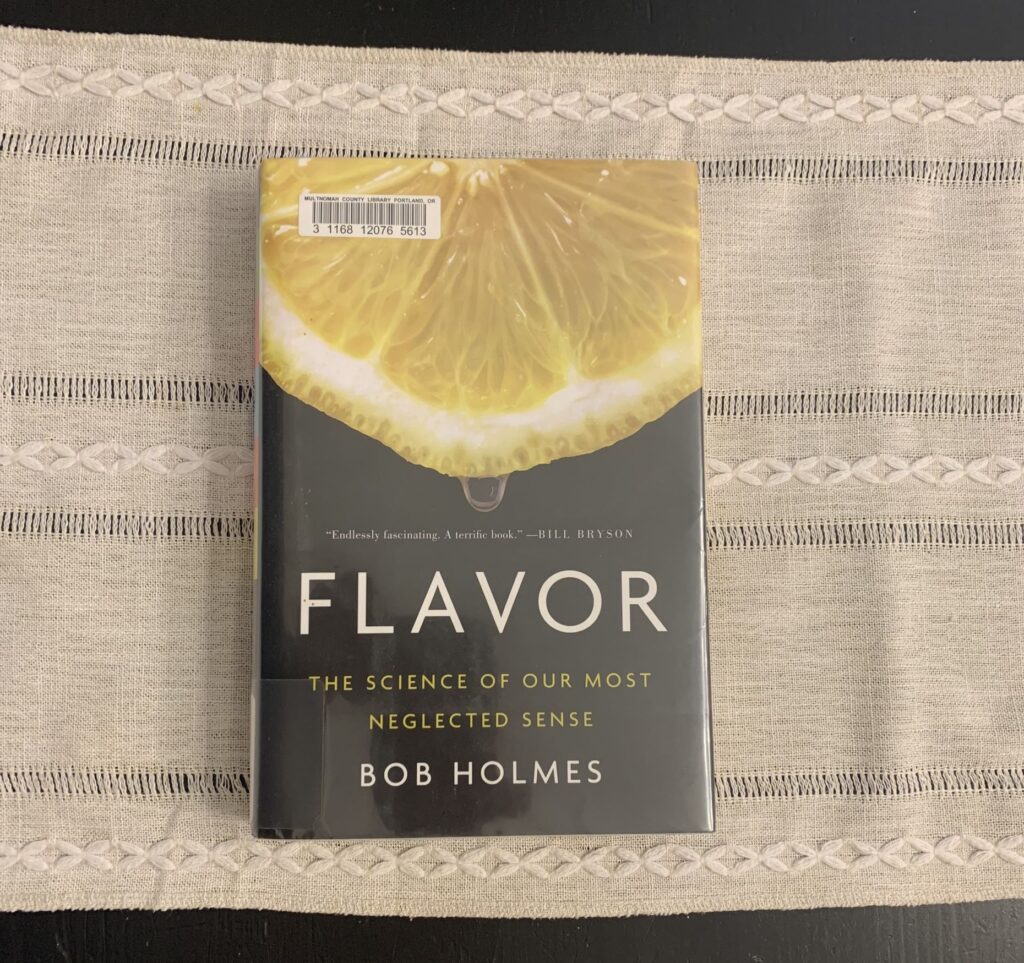I do this so you do not have to. But, feel free to do your own experimentation. I recently remembered that I had some snacks squirreled away in a bag that I used to keep in the car when I commuted to work. I didn’t think that they were that old, but I guess that they were. See picture below.

At one point, I would travel from work to an event. Sometimes things like track meets would not end until 7pm making snacks an essential comfort item. As a result, I would keep things with me that wouldn’t melt and have a shelf life. I certainly forgot about these otherwise I would have eaten them over the summer when I was at the hospital.
You might be wondering what six years expired almonds taste like? I will tell you that they were stale and not great. The granola bars had a hint staleness but tolerable. The jerky, only three years expired tasted fine. They were dry like the desert and hard but no off flavors. The truth is, I don’t like my jerky sticky and moist like most of it anyway so I actually preferred it this way.
I started carrying snacks when I got really into my preparedness phase. The thought was what if I got stuck somewhere like car problems or natural disaster blocking my way home. Not being hangry would buy some time and help with making clear decisions. Fortunately, I never got stuck anywhere or had to walk home but certainly there were some late night trips from the airport where I would break into the snack stash.
Since I have built my office and finished my stereo table, the bag containing the snacks has lived behind the couch in my office. No wonder I forgot about it. One of these days, I am going to open a 30 year old MRE that I just forgot about. The point here is that stashing food is a good way to forget about it. When you forget about it is a good way to have expired food.
Technically, I have a whole tote of expired freeze dried food. I was surprised to see that the expiration date being only three years in the future. Maybe they also go stale in that particular packaging? I am willing to risk those but I am also eyeing them for my hiking trip as well. I have eaten some of those here and there with seemingly no degradation. If food is not exposed to water, light or air, it is unlikely that it is going to go bad.
There is a reason that the preparedness mantra is store what you eat and eat what you store. That is because if you eat it, then you will likely rotate it. I recently used some coconut water that had a similar best by date. I had bought a case of it when my wife was into making a Caribbean style rice with it. After the novelty wore off, it sat there for years. It tasted fine to me suggesting that best buy dates have more impact on certain ingredients than others.
I know that I cannot convince everyone. If my wife knew that that coconut water was expired, she would have thrown it away. I would advocate for cautiously smelling and tasting it and assuming all was well use it as soon as possible. It is usually those situations that I make a mental note to never buy in quantity again because it is not likely that we will use fast enough. I am known around the house for trying to ‘use things up’ menu planning.
The same day that I stubbed out this post, I heard on a podcast that inventorying your pantry was a suggested idea if you were snowed in. Whether it was force by circumstance or not, it would be a good idea to periodically see what is going on. The larger your supplies the more likely you are going to run into this problem.
End Your Programming Routine: Stale is one thing, spoiled is another. While stale food may be less desirable, it is not going to harm you. I ate all of those almonds throughout the course of a week because I hate to see waste. I am pretty sure that when you are stuck in a snowbank, some stale almonds are going to taste pretty good compared to a grumbling stomach. It would be even better if they were not stale.


Recent Comments